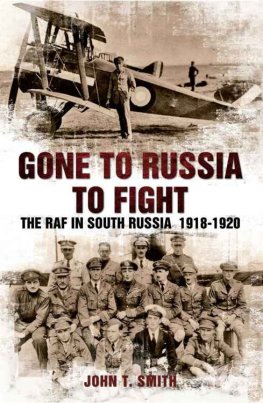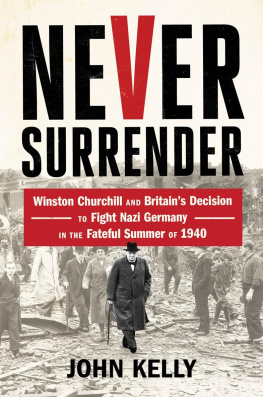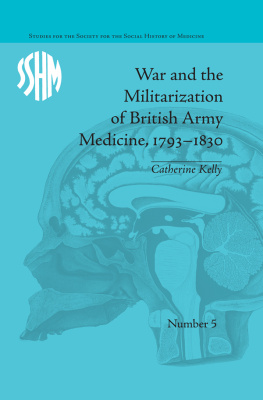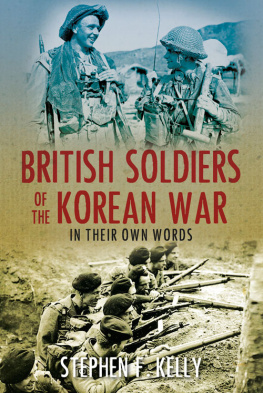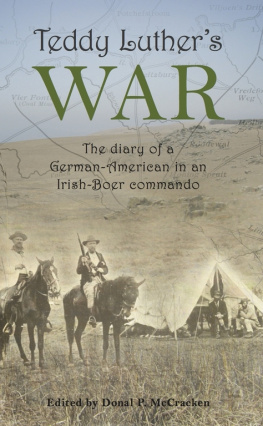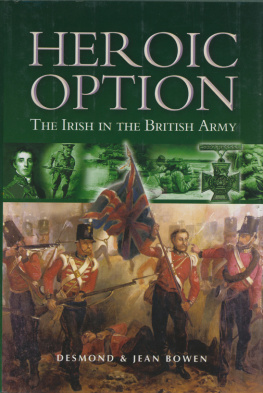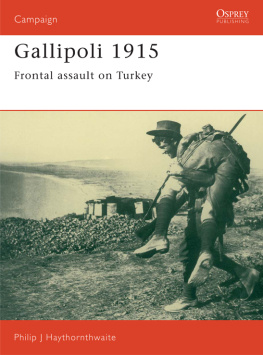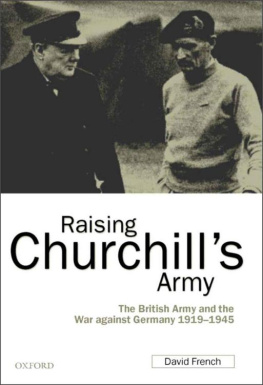The Bravest Man in the British Army
To all the unknown, unrecognized and forgotten heroes of the Great War and to the women who loved them
The Bravest Man in the British Army
The Extraordinary Life and Death of John Sherwood Kelly
Philip Bujak
First published in Great Britain in 2018 by
PEN AND SWORD MILITARY
an imprint of
Pen and Sword Books Ltd
47 Church Street
Barnsley
South Yorkshire S70 2AS
Copyright Philip Bujak 2018
ISBN 978 1 47389 576 8
eISBN: 978 1 47389 578 2
Mobi ISBN: 978 1 47389 577 5
The right of Philip Bujak to be identified as the author of this work has been asserted by him in accordance with the Copyright, Designs and Patents Act 1988.
A CIP record for this book is available from the British Library.
All rights reserved. No part of this book may be reproduced or transmitted in any form or by any means, electronic or mechanical including photocopying, recording or by any information storage and retrieval system, without permission from the Publisher in writing.
Pen & Sword Books Ltd incorporates the imprints of Pen & Sword Books Ltd incorporates the imprints of Pen & Sword Archaeology, Atlas, Aviation, Battleground, Discovery, Family History, History, Maritime, Military, Naval, Politics, Railways, Select, Social History, Transport, True Crime, Claymore Press, Frontline Books, Leo Cooper, Praetorian Press, Remember When, Seaforth Publishing and Wharncliffe.
For a complete list of Pen and Sword titles please contact
Pen and Sword Books Limited
47 Church Street, Barnsley, South Yorkshire, S70 2AS, England
E-mail:
Website: www.pen-and-sword.co.uk
Acknowledgements
The collecting of information and development of my understanding of Jack in order to write this book has spanned two decades. Along the way I have been supported and helped by so many individuals that time and again my faith in the intrinsic goodness of people, what some would call Christian spirit, has been rebuilt, when in so many other ways it has been let down. In paying tribute to some of the builders here, I recognize that some have since passed away.
To my long-suffering extended family Anne, Alex, Eleanor who have heard the name Jack Kelly so often he must seem like a long-lost relation; and to my mother, Phyllis, whose idea it was to record Jacks life in the first place.
Without the help of John Kelly of Walmer, South Africa, whom I had the pleasure to once meet, I would not have had access to many of the sources that have been used to place Jack in the timetable of his life. In addition, I would like to thank the following: Julia and Peter Walsh of New South Wales (who, in a chance meeting, provided much of the information on Nellie and Mount Oriel); Burgess Winter (whose sense of the Irish temperament provided a much-needed empathy with the inherent dangers of Irish passion); Mr Peter Long of Farnham (who researched the wedding of Nellies younger sister) and the late Mr W. M. Morris (who, having seen an article in the Eastern Daily Press , called me to come and see him and sat in his chair, telling me what he had seen of Jack as a young solicitors clerk, thereby providing me with a ray of insight into the voice and character of the man himself).
The following public bodies and people were immensely helpful in providing source material and photographs on which to build a chronology of events: Dr Frank Millard, Mr Richard Berrett, Mr Geoff Simmons, Mr Blyth Thompson, Mrs Barbara Wilmott, Mrs Ruth Wheeler, Mrs Fiona Fouracre, the South African National Museum of Military History, the British Library, the Victoria Cross and George Cross Association, the Kelly family, the National Army Museum, The National Archives in Kew, the National Newspaper Library, St Andrews School SA, the Imperial War Museum and the administrators of Brookwood Cemetery in Surrey. Without the help of the various regimental museums and records, I would not have been able to chart Jacks journey through the British army most notably: the Royal Norfolk Regiment, the Royal Hampshire Regiment (especially Lieutenant Colonel C. D. Darroch DL, who provided valuable photographs of Jack and members of the 2nd Battalion in North Russia), the Suffolk and Norfolk Yeomanry Trust (especially Lieutenant Colonel J. H. Boag OBE, MC, TD, DL) and the regimental records of the Kings Own Scottish Borderers. To Pen & Sword Books for believing this is a story worth telling, Mrs Ana Pollard, my excellent editor and proofreader, and finally to Helena, Skye and Cameron who lost me for many a day writing this story.
PEB
March 2018
Chapter 1
The Imperial Adventure, 18301902
Part 1: Nature or Nurture?
A man of character in peace is a man of courage in war.
General Sir James Glover
It can take courage to fight the myriad challenges that face us in ordinary life but it takes a certain sort of courage to fight a battle we think impossible to win. Very often we do not know such courage lies within us. Courage displays itself in countless forms. The courage to take a stand and speak out in public against something we know is wrong is a different sort of courage to staying silent, whilst we ourselves are being attacked. Courage is invisible to the naked eye and, like a mist in the morning of the autumn sun, can appear and disappear just as quickly. Courage provides a glimpse into a persons soul and a testament to their character. For some, showing courage in the face of adversity requires great effort, for others, it comes with ease. Sometimes, therefore, courage comes naturally and sometimes it has to be nurtured and grown in the garden of our souls. In peace, courage can come in many forms, and so it is in war. But in both peace and war one thing is constant and that is that courage comes from within and is formed through nature and nurture through inheritance from our forebears and through the experiences of our lives and the world around us.
So it was for John Sherwood Kelly. Nicknamed Jack, his life of 51 years ended on 18 August 1931, and was a life rich in a variety of forms of courage some ill-advised, some heroic and some unexpected, even to him. Jack is buried in a quiet corner of the very large public cemetery of Brookwood in Surrey. There was a time when his grave, like the story of his life, lay neglected. In this vast expanse of a cemetery, Jack is joined by at least twelve other winners of the Victoria Cross (VC), but, unlike them, he does not lie under a massive tomb or statue crediting his exploits and life. Indeed, when I first came across his final resting place, I was saddened by the moss and lichen that covered his grave, to the point where the crest of his VC could not even be seen his life story as neglected as his resting place. His body lies under a tree in a corner of the cemetery, almost as if the space had been given grudgingly, rather than gladly it is as if he has been deliberately hidden. Given the nature of what Jack did with his 51 years, this may indeed have been the case and yet closer examination of his life shows that he inspired hundreds of thousands with the tales of his courage, touched the souls of others in immense pain and confusion, and had such impact on the life of one global icon of the twentieth century that he nearly changed the course of history.


